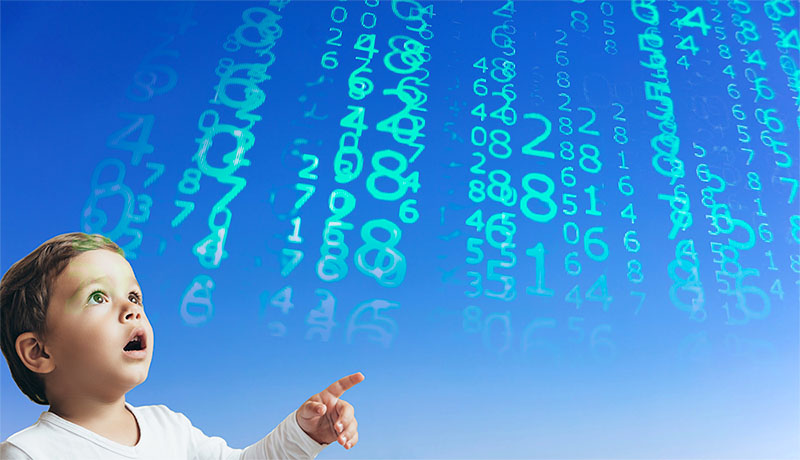The humbling business of counting

Mathematics teachers say one of the hardest things in their subjects is teaching children to count. This is because the names of the first numbers are just arbitrary labels. Why should the first number be labelled ‘one’ and the second ‘two’? It is ironic that number theory which is so heavily dependent on iron rules of mathematics starts with a series of completely arbitrary labels!
Numbers are rather humbling things. We can count a limited number of things accurately, but because we get tired we skip instances we should count, and double count some instances we should not. Sometimes we don’t even know whether to count or not: is this microscope image a cell or a speck of dust? Accuracy depends on precise circumstances. Count the number of spoons to go on the table for a meal, and probably no-one will end up short; but count the flashes of light in a scientific experiment for eight hours and two observers will end up with totals different by several percent.
How reliable are humans for counting? Only moderately. Some Amazon tribes live quite successfully but have no numbers above three. They must count “one, two three, many”. This is very rare in the world. For them numbers simply aren’t important in the business of living.
One good example of human accuracy, is vote-counting in an election. For the 2016 USA election, repeated manual counts in one place showed an error rate of 0.17% - about 1 vote in every 500 counted. We are not very accurate!
In the acoustic tiles above my dentist’s chair is a pattern of many holes. I lose count so easily that the only foolproof count would be from a photograph.
A very large and precise number is unattainable unless a machine does it. And how reliable is the machine? Can you trust it? What is the largest counted number we have? Probably something counted by a computer. It’s possible for a computer to count something with no problems for several years at more than 100 billion instructions a second. This is about 10000000000000000000 results counted reliably and repeatedly. That’s about a billion billion!
But how often is it absolutely clear whether something should be counted or not? Rather rarely. If a tiny process error in a disc production plant produces a disc with a flaw, should that flawed disk be counted? How serious does the flaw need to be?
The problem with counting is the things we want to count. We want to count money, houses, possessions, munitions, people.
Fascinatingly, in the Jewish Torah, after a population census, the people had to pay a tax to the temple of a half shekel. Nothing to the rich but maybe a sore trial to the poor. This half shekel was an offering to atone for the guilt of conducting a population census and using the results as a measure of power and strength, ie., getting cocky about it.
So be careful what you count and how you count it, and what the results mean to you - and don’t ever over-estimate your accuracy!